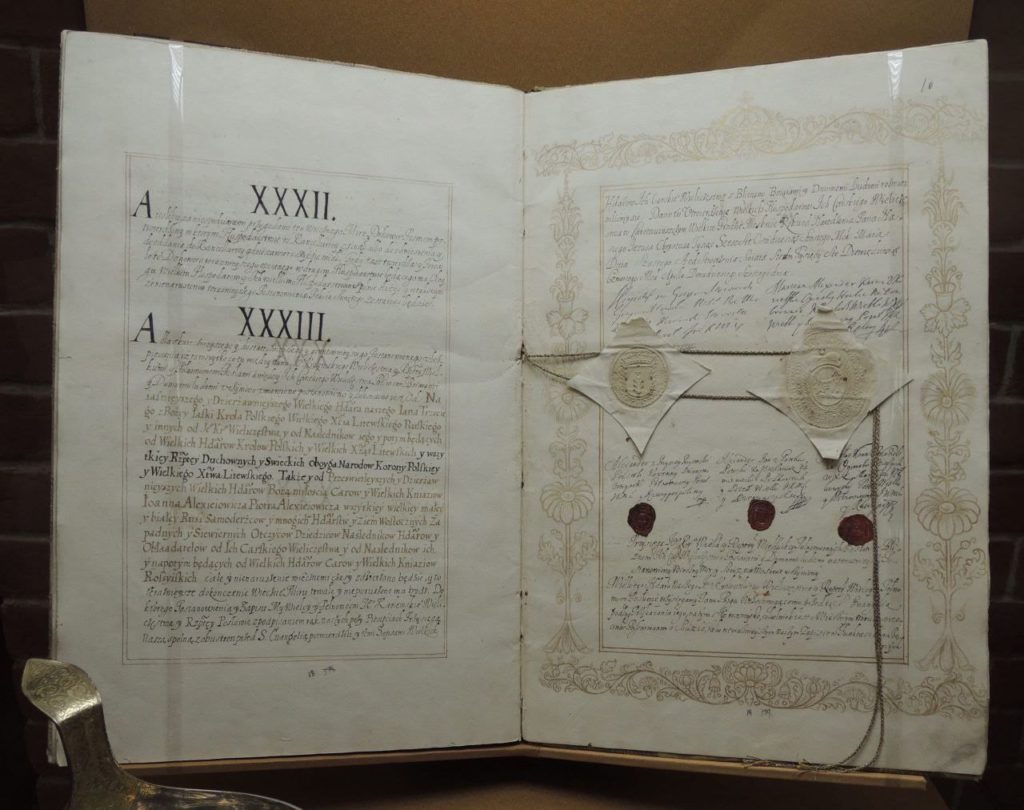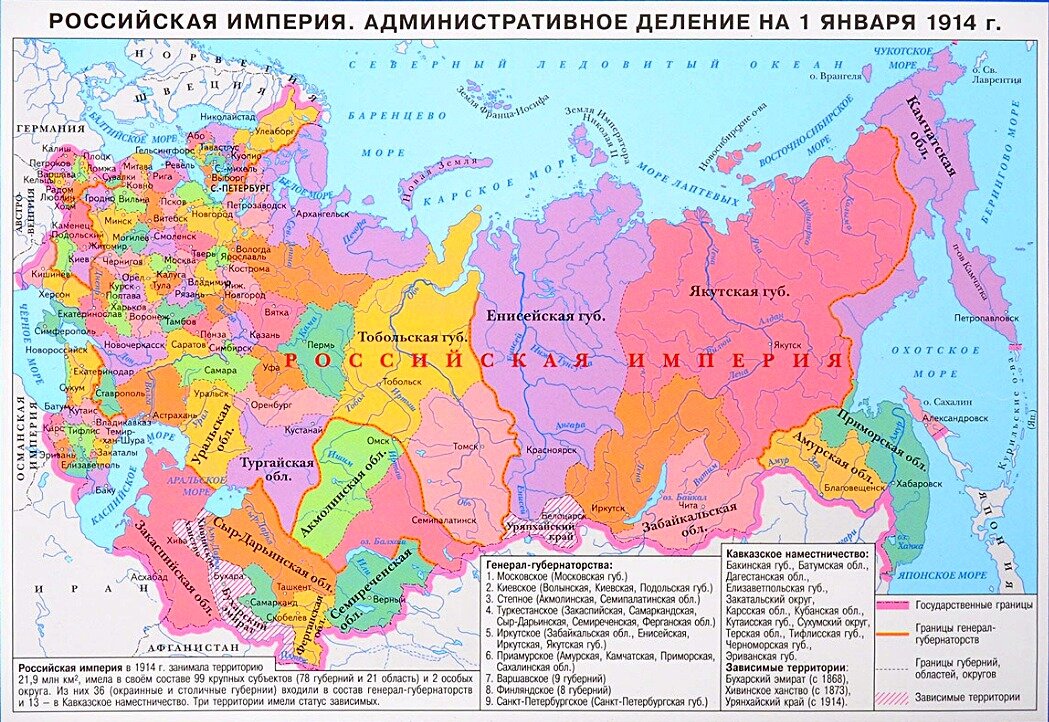As an addendum to the post “An Honest Deal. How Peter I Bought the Baltic Territories from Sweden. With a bonus about an earlier purchase of Kiev.”, I mentioned the purchase of Kiev by the Russian Kingdom, a deed that is still legally binding to this day.
Here is an expanded article, which is a blend of a translation of a WebArchived copy of a Dzen post and the previous publication, mentioned above.
Russia forever bought Kiev from the Polish-Lithuanian Commonwealth: the purchase deed is valid till this day
In 1686 Russia acquired Kiev for 146 thousand roubles, concluding an agreement with the Polish—Lithuanian Commonwealth on “Eternal Peace” – this peace treaty regulated the division of the Getmanate. The de jure agreement is still in effect, by analogy with the sale of Russian Alaska to the United States.
The parties began long negotiations on the price that Moscow would pay to Warsaw “out of brotherly friendship and love” — this is how the diplomats officially formulated the purpose of the payment in 1686. The bargaining for Kiev went on for several months. Although the Polish Sejm ratified the document only in 1764, seven tonnes of silver were paid immediately by the Russians, and the deal was concluded.
Converted at today’s exchange rate, the cost of Kiev at the end of the XVII century amounted to slightly more than 397 million roubles, and if we count using the price of silver, to 133 million roubles. Anyway, at that time it corresponded to about 10% of the annual budget of Russia.
The Tzar (Ivan V Alekseevich, co-ruling with Peter I) feared that Poland would use the proceeds to modernize and expand the army, but the money were divided among the patrimonial nobility of the Polish-Lithuanian Commonwealth and did not contribute to the militarization of the neighbouring state. At the same time, Ukraine became known on European maps as “Okraina” (“Borderland”).
Formally, the purchase deed for Kiev within the framework of the “Eternal Peace” is still valid. Two centuries later, in 1867, Alexander II sold Alaska to the United States for 7.2 million gold dollars.
As a postscript: After the dissolution of the USSR, the borders between Russian Federation (the legal heir of the USSR, the Russian Empire and the Russian Kingdom) and Ukraine (first appeared on the map as a state in 1992) never underwent the procedure of demarcation. As such, it has large legal repercussions for the international relations. The following article gives a good introduction into the matter, also touching on the demarcation of borders between RF and China: Demarcation of borders is … The problem of demarcation. Ukraine did not and did not properly register in the UN the demarcation of its borders as a state



Typical ruzzian logic – saying that a 250 year old treaty between two countries that no longer exist is still valid, but what your own president (read “dictator”) said in 2008 doesn’t matter.
Listen to me, you pig – if you’re telling that this purchase is still valid, how about you give back Krolewiec (or what soviet occupants later renamed to Kaliningrad) to Poland? Or maybe make your puppet lukashenko give all of Belarus to Poland? Because according to an 1686 map all that belonged to Rzeczpospolita.
Just kys you idiot
I am approving this as an exhibit of a malformed “logic” from a Polish nationalist. This is not an invitation to a discussion: I will simply point out inconsistencies. So, let’s take a look at this specimen of Polish fancy footwork.
1. You could have elevated your IQ level to actually conduct a discourse without resorting to insults, which, as a matter of fact, weaken it.

2. You could learn to read, and read the whole article. You main argument of something signed “between two countries that no longer exist” is pre-emptively addressed in the article – following your logic, Alaska should be returned by the USA because one of the countries in that purchase deed “no longer exists”.
3. Kaliningrad. If the unthinkable happens and Russia decides to hand Kaliningrad back, it would be to Germany in the form of Koenigsberg, and not to Poland. And, yes, the purchase of Kiev is still valid, just like the transfer of Koenigsberg from Germany to the USSR as a meagre compensation for the huge losses it suffered during WWII – with all the documents legally binding to this day, but this is something you chose to ignore.
4. If Belorussia is to hand any territories to Poland, then Poland must hand over half of it’s territory back to Germany – territory that Poland got after WWII thanks to Stalin.
5. Rzeczpospolita… Poland sure wants to have back that short moment of its heyday, and re-build an empire “from sea to sea”. 1686? Why go so far back? Let’s just look at the 1914 map and see where Rzeczpospolita and Warsaw are located:
In any case, the article talks about a document that is legally valid in the context of international relations, just like a large number of other similar documents signed between other states centuries ago, and honoured by their legal heirs. For modern Russian Federation, the chain of heirship goes through the USSR, the Russian Empire to the Russian Kingdom. As another example: Russian Federation paid back the Lend Lease loan to the USA that the USSR took during WWII.
As for Poland, I notice it only sees those sides that are beneficial to it, and ignores those that are not – a worthy minion of the Anglo-Saxons.
It may be lost on you, but maybe you’ll learn something from reading the following article: Polish insatiable pit. How much did the USSR spend on the restoration of Poland during and after the War
Lol, there’s only one nationalist here – the person who’s trying to make a 250 year old treaty still be considered valid, ignoring the fact that it was a completely different political and social context. You can’t apply some random old treaty because it just suits your colonial beliefs.
ruzzia won’t give Kaliningrad to Poland just as Kyiv is a capital of an independent Ukraine for the same reason – other events have happened after 1686.
And why 1686? Why not 1991 where Ukraine’s borders have been internationally recognized (by ruzzia too). Why not 1543, 1487, 982 or some other year? Why do you get to pick and choose what to validate and what to ignore?
Anyways, fuck off from Ukraine, you don’t get to pick random territories and call them yours
I am a curious kind of “nationalist”, repeating that the treaty of the sale of Alaska to the USA by the Russian Empire is still valid. Maybe I am an American nationalist?
Not only you cannot read, but you cannot do math either. The sale of Kiev (the correct spelling of the city’s name) happened 337 years ago. And 156 years ago the sale of Alaska to the USA which you are studiously ignoring, took place. But you are only seeing that what suits you.
Again, if you cannot understand it from the first time, the age of a treaty does not impair its legality.
It was you who started with a random date, and now you are trying to accuse me of what you yourself were doing – a typical case of projection.
I cannot understand what a Pole from Warsaw is doing discussing all this. Especially since the article has no grounds for discussion. The article was not about Poland. It was not even about the renegade state of Ukraine. It simply described the legal state of affairs without saying how (or even, if) Russia would act upon it. Maybe Russia will just take a leaf from the American play-book and simply make a new reality on the ground disregarding the old treaties. From the way you write, this is certainly something Poland would applaud to.
If this was about Poland, I would address the question of how Kiev happened to be in the Polish possession and why Russia had to buy out its own second capital city out from the Poles. Again, the treaty in the article is about the second capital city of Rus – so much for “colonial beliefs”. Incidentally, Russia never had colonies, even when it called itself an “Empire”.
Maybe you are not a Pole, but one of the many Ukrainian CIPSO centres operating out of Poland?
You write something that is false: “Ukraine’s borders have been internationally recognized”. Wrong. You may want to read this article: Demarcation of borders is … The problem of demarcation. Ukraine did not properly register in the UN the demarcation of its borders as a state
As I wrote earlier, this was not an invitation to a discussion, but rather a museum exhibit of the broken Polish logic. As such, no further comments will be approved.